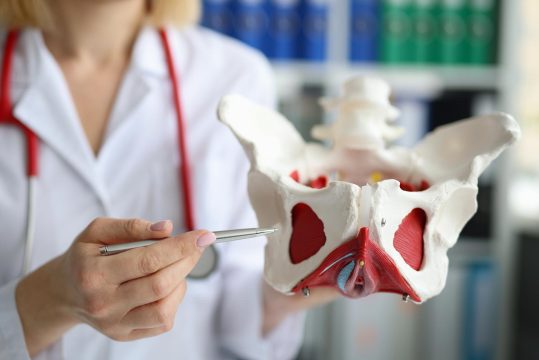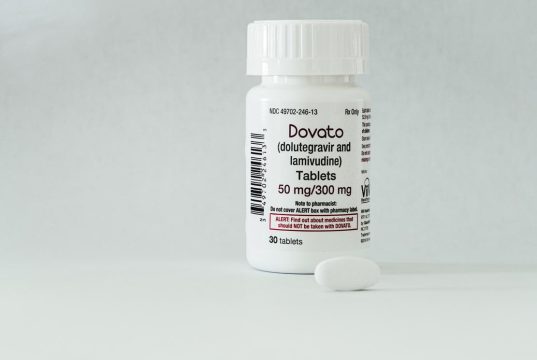Advertisment
Tighter regulation promised after breast implant scandal
EMA Highlights by Gary Finnegan – The new head of the European Medicines Agency, Guido Rasi, has promised to strengthen European rules governing medical devices in the wake of the scandal over sub-standard silicone breast implants.
Just as financial services regulations have been beefed up in response to the global financial crisis which first hit the headlines in 2008, the health sector is now bracing itself for a swathe of new rules.
Companies throughout the medical devices and pharmaceutical sector are reeling from the breast implant scandal, fearing the episode will erode public trust in the industry as a whole. Some welcome news of stronger regulations but others fear that adding more red tape will increase the cost of doing business.
For Mr Rasi, the global scandal over French- made breast implants is an opportunity to make his mark just weeks after his appointment.
“I see an urgent need to regulate devices at the same level of science and attention as with drugs,” he said.
This could mean new powers for the EMA which currently is not responsible for medical devices. Most medical technology – including everything from pacemakers to breast implants – is regulated by the ‘CE mark’ which is frequently found on consumer goods such as toys and kettles.
The European Commission had already proposed new rules for medical devices including more pre-market testing and post-marketing surveillance. These plans will be reviewed by government ministers later this year.
Mr Rasi took office in November and said the implant episode may “speed up” some decisions on how medical technology is regulated.
For the EMA, a move to take over responsibility for medical devices would require a huge increase in budget and staff given the thousands of new products it would be expected to regulate.
The new director said the move would make sense given that the overlap between medicines and medical devices is growing thanks to innovations like drug-eluting stents.
Despite Mr Rasi’s enthusiasm, he acknowledged that changing the EMA’s mandate is a political decision so progress could be slower than he might like.
“There is resistance from sectors of the industry and resistance from some national authorities, so I don’t expect anything fast, but we need something for public health protection,” he said.





